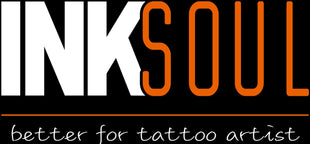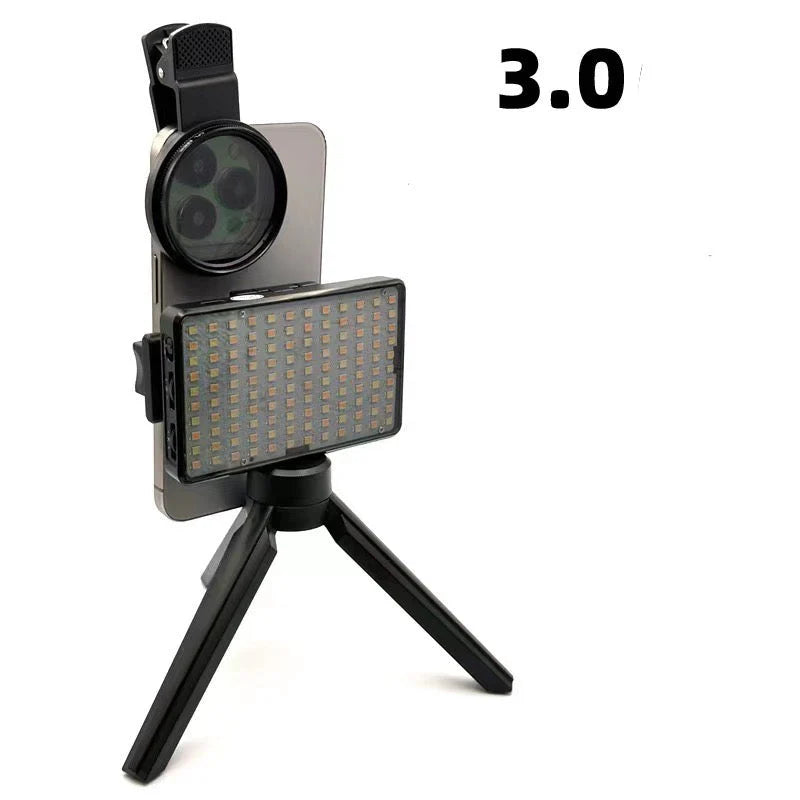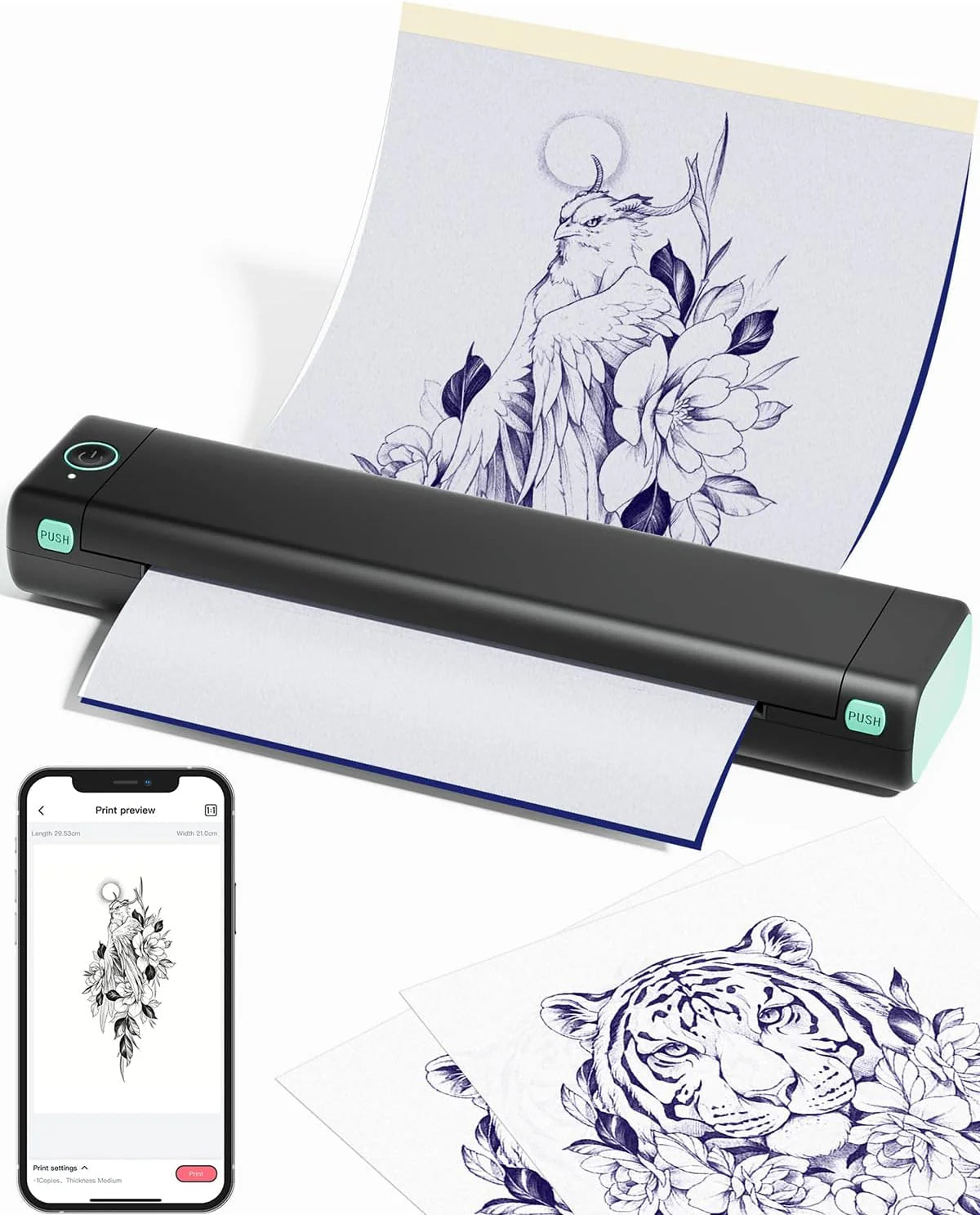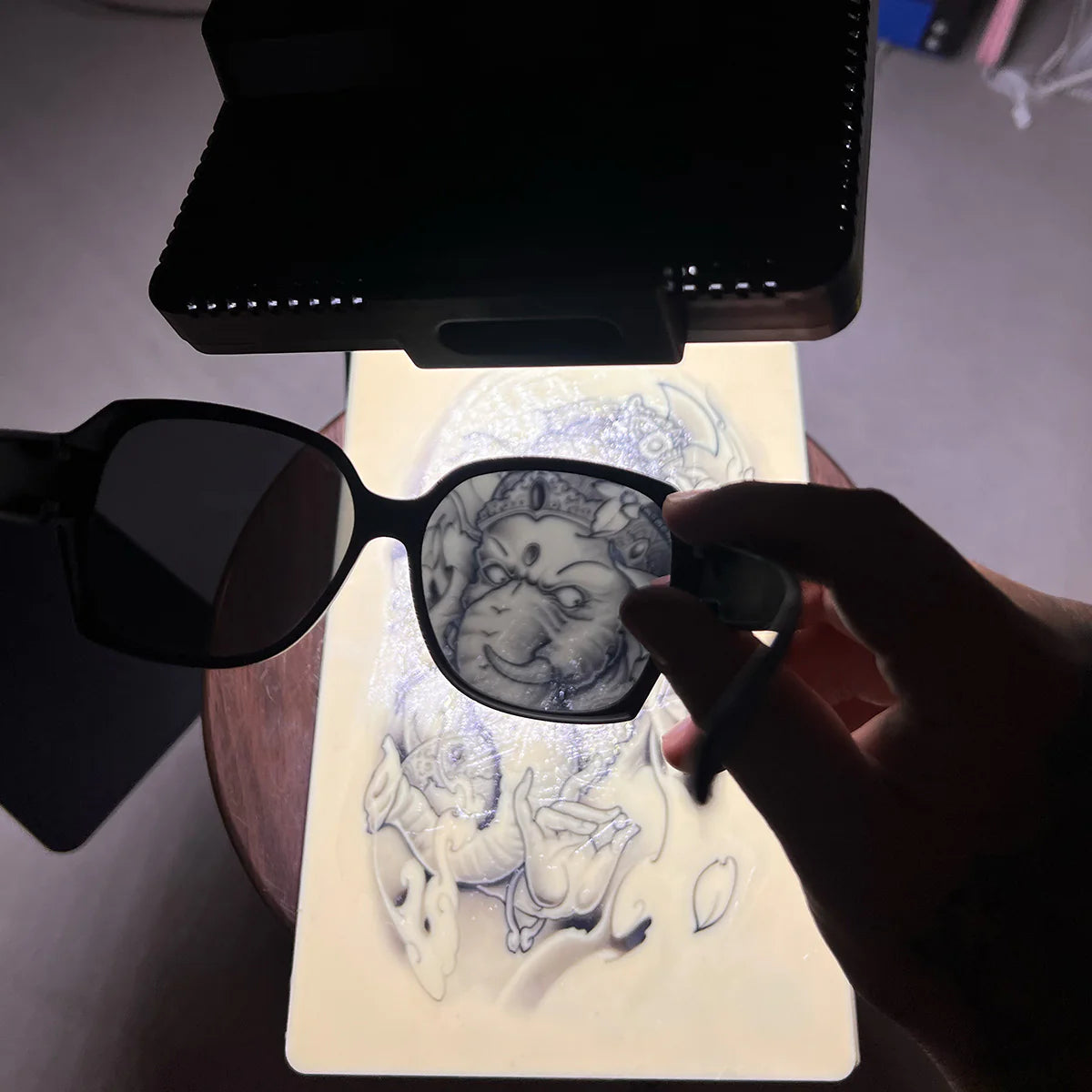Tattooing is an intricate art form that demands precision, skill, and the right tools. One of the most essential tools in a tattoo artist's toolkit is lighting. The right lighting can mean the difference between a flawless tattoo and one that could use some touch-ups. But with so many options available, which lights do tattoo artists use to ensure they get the best results? In this guide, we’ll explore the different types of lighting commonly used by tattoo artists, why good lighting matters, and what to look for when choosing the perfect tattoo lighting solution.
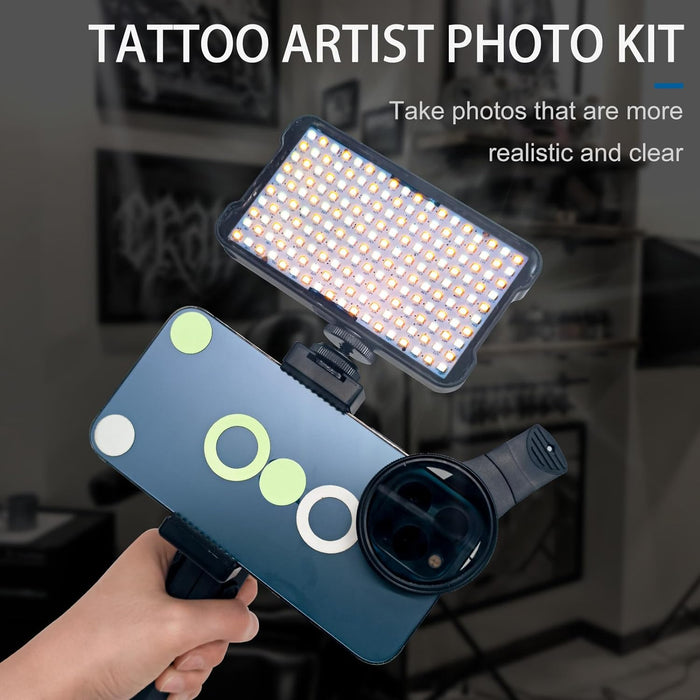
Why Lighting is Critical for Tattoo Artists
Tattooing is an art that requires detailed focus, and the quality of lighting directly impacts the accuracy of the work. Poor lighting can lead to:
- Strain on the eyes, causing fatigue and mistakes.
- Inconsistent shading and line work, resulting in uneven tattoos.
- Difficulty in seeing details, particularly when working with light inks on pale skin or dark inks on darker skin tones.
The ideal lighting setup should provide bright, even illumination without causing glare or casting shadows on the area being tattooed. It should also be adjustable, so the artist can direct the light exactly where it is needed.
Types of Lights Commonly Used by Tattoo Artists
Tattoo artists have various lighting options at their disposal, ranging from professional-grade LED lamps to ring lights designed for both work and photography. Below are some of the most popular types of lighting used in tattoo studios.
1. LED Lamps
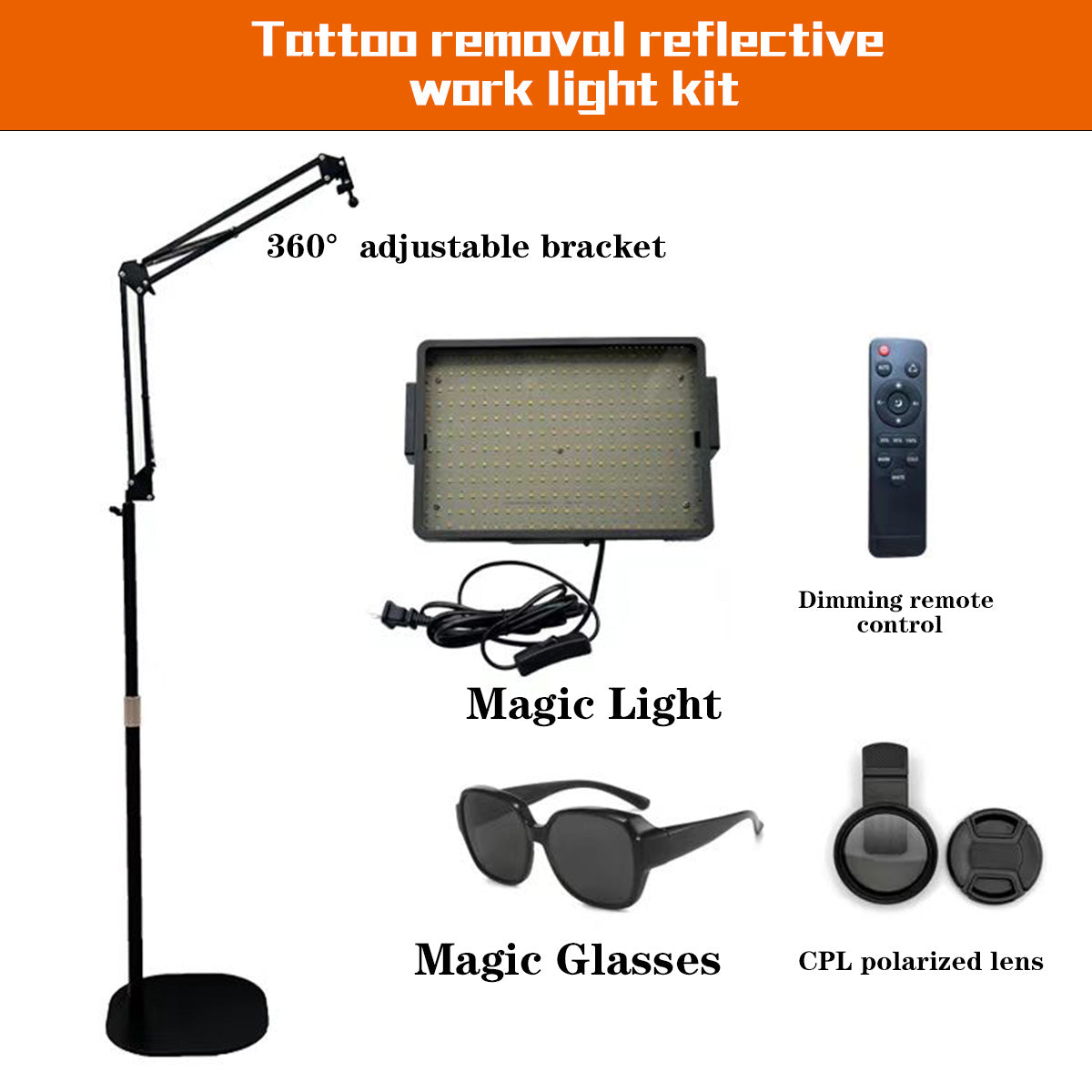
LED lamps are a top choice for tattoo artists because they provide bright, consistent lighting without generating heat. This is important in keeping both the client and artist comfortable during long tattoo sessions.
-
Advantages of LED Lamps:
- Energy efficient and long-lasting.
- Emit minimal heat, making them ideal for extended use.
- Adjustable brightness settings allow artists to control the intensity.
- They are often portable and easy to position for different angles.
2. Ring Lights
Ring lights are another popular option among tattoo artists. These lights offer 360-degree illumination, reducing shadows and providing a soft, even light across the tattooed area.
-
Advantages of Ring Lights:
- Provide soft, diffused light that minimizes harsh shadows.
- Perfect for tattoo photography, making them great for showcasing tattoos on social media.
- Some models come with adjustable color temperatures, allowing the artist to switch between cool and warm tones.
3. Floor Lamps with Adjustable Arms
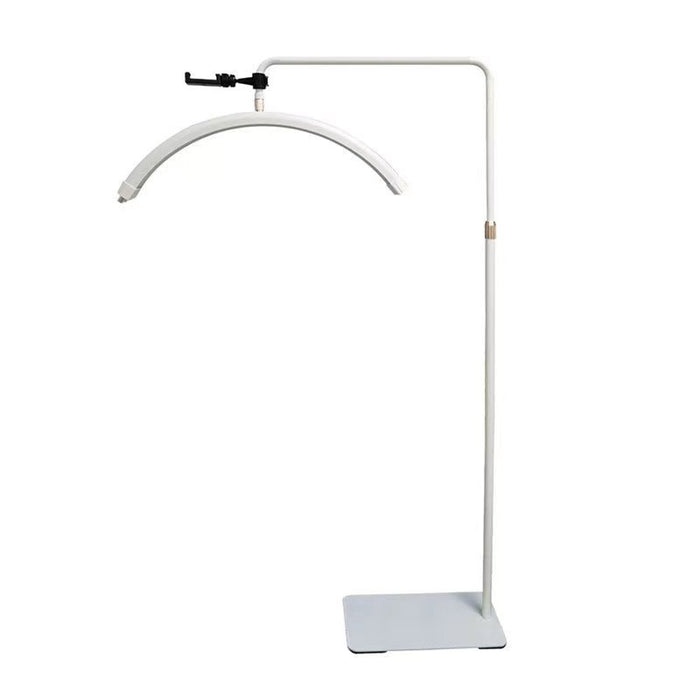
Floor lamps with adjustable arms are a favorite in many tattoo studios. These lamps provide focused light that can be easily directed at different angles without having to be repositioned constantly.
-
Advantages of Adjustable Floor Lamps:
- Flexible positioning thanks to adjustable arms.
- Provide strong, direct light that can be aimed where needed most.
- Sturdy design that remains in place during long sessions.
4. Headlamps
Some tattoo artists prefer using headlamps for maximum control over their lighting. These wearable lights are perfect for detailed work, especially in areas that are hard to reach or when extra focus is required.
-
Advantages of Headlamps:
- Hands-free lighting that follows the artist’s line of sight.
- Provide focused, direct light that’s perfect for intricate tattoos.
- Easy to switch on and off without interrupting the workflow.
5. Photography Lights

Professional tattoo photography lights, like the Professional Tattoo Photography Anti-3.0 Glare Kit, are specially designed for both lighting the tattoo process and taking high-quality photographs of the finished product.
-
Key Features of the Anti-3.0 Glare Kit:
- 120 LED Beads (12W) for brighter and lighter illumination.
- Coated CPL polarizer for clearer imaging effects and reduced glare.
- Lens Material: Optical glass for optimal clarity.
- Mirror Frame Material: Aluminum for durability.
- USB-powered, making it easy to connect and use in any studio.
The Anti-3.0 Glare Kit is specifically designed to eliminate glare, allowing artists to see the tattoo clearly without light reflections distorting the view. Its compact design and adjustability make it perfect for both tattooing and capturing high-quality images of completed work.
Features to Consider When Choosing Tattoo Lights
When selecting lights for tattooing, there are a few important features to keep in mind:
1. Brightness and Adjustability
The brightness of the light should be strong enough to illuminate the work area clearly without causing glare or shadows. Adjustable brightness levels are ideal, allowing the artist to control the intensity of the light based on their needs and the complexity of the tattoo.
2. Color Temperature
The color temperature of the light affects how colors appear. Cooler lights (5000-6500K) are ideal for detailed work as they provide bright, white light that closely resembles daylight. Warmer lights (around 3000K) can be used for general lighting but may distort the colors of inks.
3. Portability and Flexibility
Tattoo artists need to move around the client while working, so having lights that are portable and flexible is crucial. Look for lights with adjustable arms or mounting options that allow for easy repositioning.
4. Durability
Since tattoo lights are used frequently, durability is a key factor. Choose lights made from high-quality materials like aluminum or strong plastics that can withstand the wear and tear of everyday use in a busy studio.
5. Glare Reduction
Glare can make it difficult to see the fine details of a tattoo. Lighting solutions like the Anti-3.0 Glare Kit include features like coated polarizers to minimize glare, ensuring the artist has a clear view of their work.
Best Practices for Setting Up Tattoo Lighting
To get the most out of your lighting setup, here are some best practices to keep in mind:
- Position the light above or to the side of your work area to reduce shadows.
- Use multiple lights if necessary to ensure even illumination from different angles.
- If using a ring light or LED lamp, adjust the color temperature to match the environment and ink colors.
- Regularly clean the light source to remove dust or residue that could impact the quality of the light.
FAQs About Tattoo Lighting
1. Can I use regular household lamps for tattooing?
While it is possible to use household lamps, they typically do not provide the level of brightness, adjustability, or color accuracy needed for professional tattooing. It’s best to invest in lights specifically designed for tasks requiring precision, like tattooing.
2. What is the best color temperature for tattoo lighting?
The best color temperature for tattoo lighting is usually between 5000K and 6500K, which provides bright, white light that closely mimics natural daylight. This ensures that the ink colors appear accurate while working.
3. How can I reduce glare when using bright lights?
To reduce glare, opt for lighting solutions with coated polarizers, like the Anti-3.0 Glare Kit. Position the light at an angle rather than directly facing the tattoo to minimize reflections and unwanted glare.
Comparison Table: Best Tattoo Lighting Options
| Lighting Type | Features | Best For | Price Range |
|---|---|---|---|
| Professional Tattoo Photography Anti-3.0 Glare Kit | 120 LED Beads, Anti-Glare, CPL Polarizer | Clear imaging, glare reduction, photography | $50 - $100 |
| LED Lamps | Adjustable brightness, energy-efficient | Long tattoo sessions, detailed work | $30 - $80 |
| Ring Lights | 360-degree illumination, soft light | Photography, reducing shadows | $40 - $120 |
| Adjustable Floor Lamps | Flexible arms, strong direct light | General tattooing, various angles | $50 - $150 |
| Headlamps | Hands-free, focused light | Intricate tattoos, small areas | $20 - $60 |
Tattoo artists rely on proper lighting to perform their work with precision and clarity. Investing in professional-grade lights such as LED lamps, ring lights, or the Anti-3.0 Glare Kit ensures that your studio is equipped to handle the demands of intricate tattoo work, reducing eye strain and providing the ideal environment for creating stunning tattoos.
